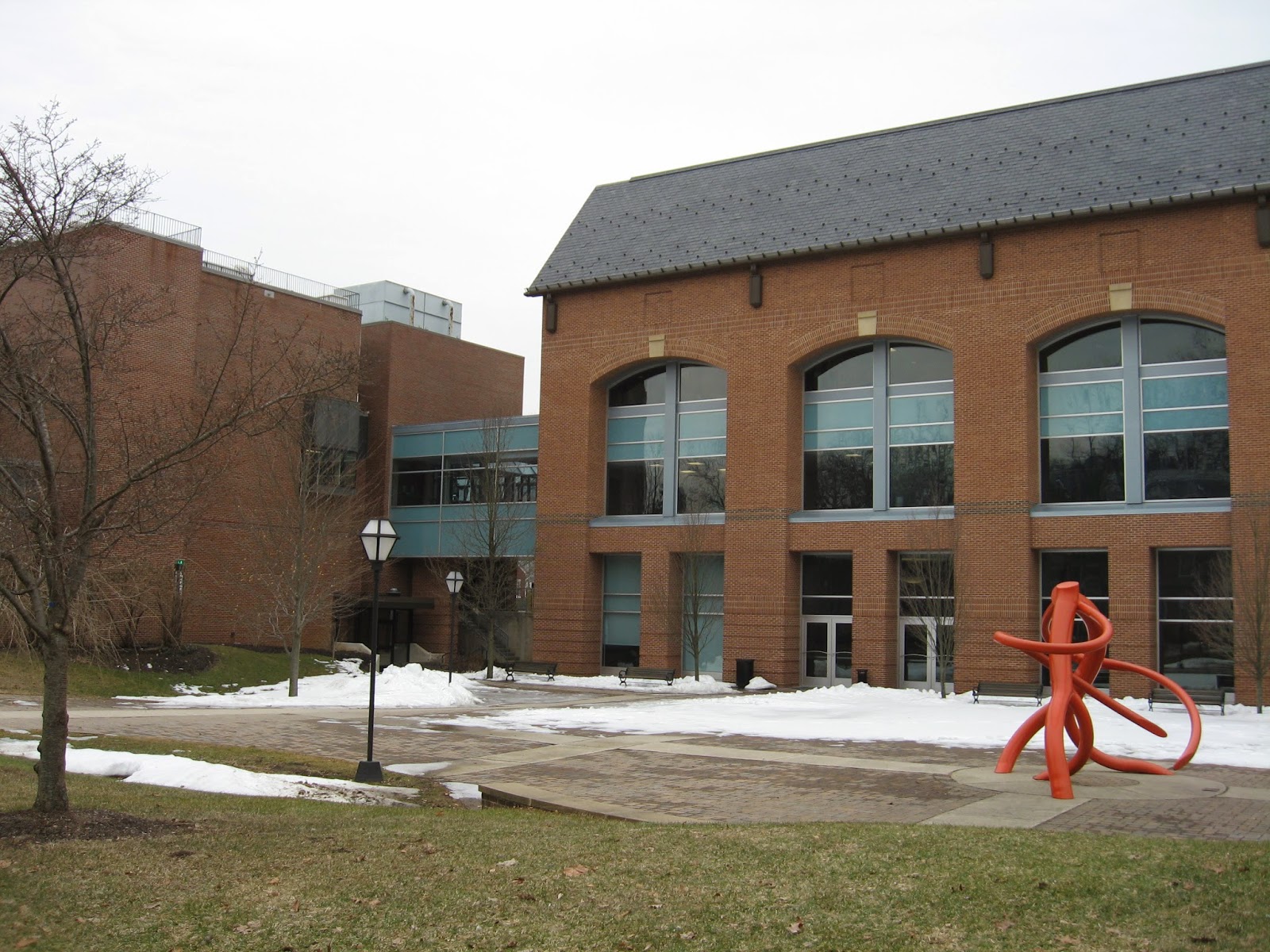In October, I had the pleasure of learning about Gettysburg
College from Gail Sweezey, the Office of Admissions Director. Here are some highlights:
Academics: The most
popular major at Gettysburg is political science. Other
popular majors are Organization and Management Studies, Psychology, History,
English, and Biology.
About one
quarter of students do a double major.
About 35% of students have a major and a minor.
Gettysburg
has a music conservatory which opened in 2005. There are over 150 students who
major or minor in music. Students must
audition to be a major or minor.
Students can double major with a major in the conservatory (BA) and
another major outside of the conservatory.
25% get a degrees in music performance (B.M.), 25% in music education
(B.S.), and 50% in music (B.A.).
Gettysburg
College houses the Eisenhower Institute, a center for leadership
and public policy. The Eisenhower
Institute has offices in Washington DC as well as operating in the historic
Gettysburg home once occupied by Dwight and Mamie Eisenhower. It combines dialogue among policy-makers with
a learning experience for undergraduates in a variety of fields, including
energy, nuclear nonproliferation, foreign relations, Middle East affairs, U.S.
politics, the U.S. presidency, economics, international security, and
environmental sustainability.
There are over forty choices for the first year seminar. One seminar was on homelessness. In addition to classroom work, the students lived in a homeless shelter for a week and worked in a soup kitchen. Freshmen live with students in their first year seminar.
The first year orientation includes a walk to the national cemetery, followed by listening to the Gettysburg address there.
Study abroad: Gettysburg is 5th in the nation
for sending students abroad for a semester or longer. Their financial aid travels with them. There are also shorter 2-3 week study abroad
programs. Students can participate in a
3-semester bridge course where they study an issue for a semester at
Gettysburg, study abroad about that issue for a semester, and spend a semester
writing/publishing about that issue.
Career planning:
70% of students were involved in an internship before graduation. Other career planning options include week
long externships, shadowing opportunities, and networking dinners.
Location: The college is in Gettysburg, PA which is very
close to the Maryland border. Students
are close enough to Baltimore and Washington, DC to intern there.
Housing: 92% of students live on campus and 95% stay on
campus on the weekend.
Extracurricular activities: Greek life, football games, the marching band, orchestra concerts, theatre and dance performances are all popular pastimes. 1 in 7 students is involved musically. 80% of the marching band is not in the conservatory.
Retention: 91% of students return for their sophomore year.
Politics: The
students at the school are politically middle of the road.
After graduation: 95%
of students are in graduate school or employed within a year of
graduation. About 15 students per year
go on to medical school.
Financial Aid: There
is both need-based and merit aid. The
Net Price Calculator is usually within $2K of their actual net price. For need based aid, students need to complete
the FAFSA and the CSS PROFILE. The
need-based aid package meets 100% of need and is made up of grants, loans, and
work/study.
The largest merit aid is the $25K/year Lincoln Scholarship
given to about 30 students who have taken rigorous course with grades of A and
have a SAT score of 1400 or more in Critical Reading/Math.
The Presidential Scholarship of $15K/year is
typically given to students taking rigorous courses, graduating in the top
10-15% of their class and have an SAT score of 1300 or more in Critical
Reading/Math.
There are other merit
scholarships including the David Wells Scholarship ($10K/year) and the
Leadership Scholarship ($7K/year). There
are also scholarships for those pursing a Bachelors of Music in Performance.
Applications: The
Early Decision deadline is 11/25 and 43% of students apply Early Decision. The school is test-optional, with about 20% applying test-optional. Students who choose to go
test optional can’t get merit scholarships.
The average SAT score is 1290 (Critical Reading and Math). A student with SAT scores between 1100 and
1150 (Critical Reading and Math) and great grades should apply test-optional. The college is interested in
demonstrated interest and recommends that students take advantage of an
interview.
What is your experience with Gettysburg?









































